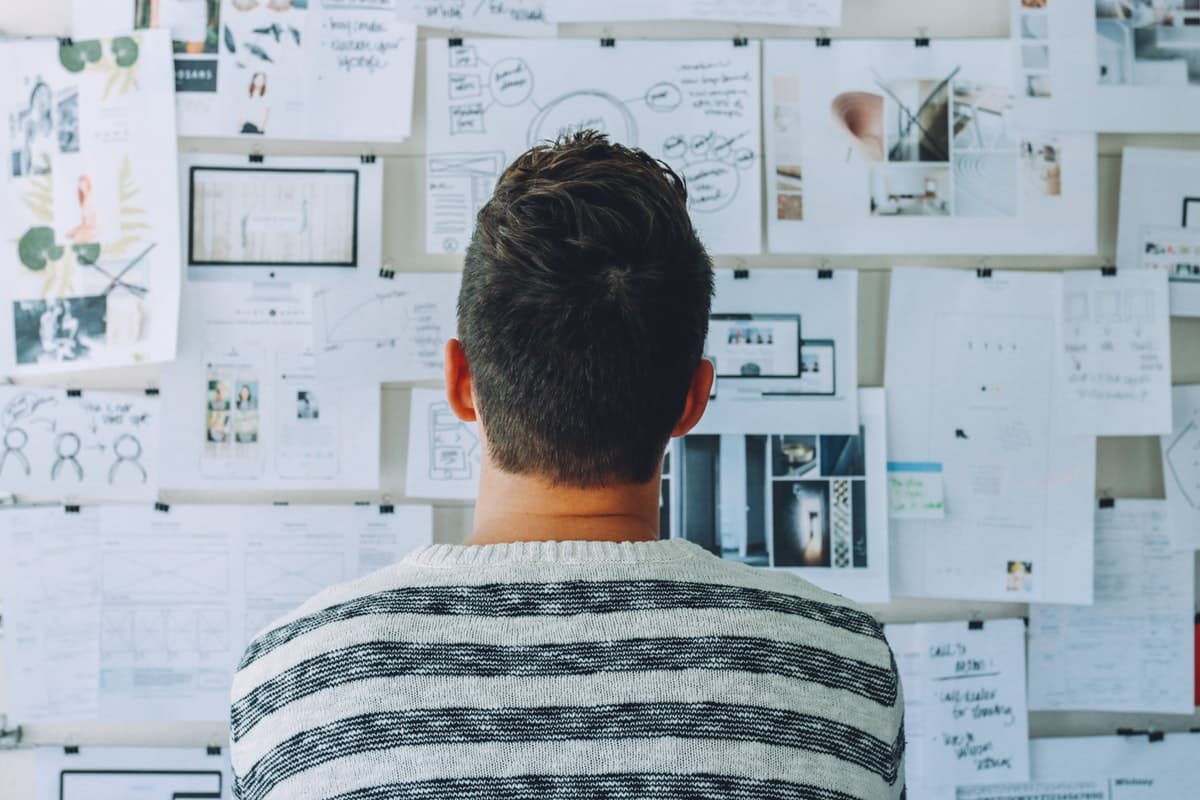Tips to improve your social relationships
Making friends and maintaining friendships can be a struggle for adults with ADHD. Cynthia Hammer, MSW and ADHD coach, provides some insight into social relationships and ADHD.
Why It’s Hard to Keep Friends When You Have ADHD
Recently, the headline on a news site listed the five best ways to be happy in life. The first thing listed was to highly consider the needs of friends. If you have ADHD, you already know that you probably consistently receive a low score in this area. We get caught up in our own lives, challenged with trying to manage all that’s happening, so that we often fail to think about others and what we can do for them, says Hammer.
Social Relationships and ADHD
Here are some reasons that Hammer says ADHD can cause trouble keeping friends:
Feeling overwhelmed. When we’re overwhelmed, even thinking about doing one more thing is one thing too many. If this “one more thing” is for someone else, it can easily never make it onto our radar screens.
Thinking it’s not important. We tell ourselves things like, “It’s not that important,” “They won’t notice that I don’t send a thank you note…send a birthday card…call them to congratulate them on a recent success…whatever.” The opportunity to show a friend that we care about them and that they are important to us comes…and goes….and we have done it again, or rather NOT done it again. Friends that don’t feel acknowledged and appreciated on a regular basis can often fall to the wayside as they ask themselves, “What is there in this relationship for me?”
Getting bored. A recent client told me he enjoys having friends but often gets bored with them, feeling the need for a break. He finds it hard to be consistent in regularly enjoying their company, regularly paying them attention, and providing them with goodwill.
Choosing interests over people. The same client, on other occasions, allows something else to take precedence over how he spends his time. He chooses learning to use his new computer, as this interests him more than going to a movie with his friend.
Erratic behavior. Erratic, fickle behavior, such as acting like you want to be with someone one day but then not wanting to see them again for several months is not the way to handle friendships. The person on the receiving end of this kind of friendship might feel used and think you only contact him or her when you have nothing better to do.
Poor memory. An additional challenge for many with ADHD is poor memory. What are the names of your best friend’s three children? Who is due to have a baby? Being told these kinds of personal details and then not referring to them in future conversations presents a huge stumbling block to creating long-term relationships. People want to feel that they’re important, that their activities and successes and failures are shared and valued by their friends. Friends who consistently say, “I don’t remember that” or “I forgot you told me that” give the impression that they didn’t care enough to remember.
Avoiding topics that are important to your friends. If you avoid certain topics because you don’t remember key information, you’re going to find it hard to build a long-term relationship. When you’re unable to share memories and details of your times together, you give the impression that you’re not truly interested in your friends and don’t value their friendship.
Ways to Improve Social Relationships
According to Hammer, these are steps you can take to improve your friendships:
Be aware. The first step to improved social interactions is to become aware of what you’re doing that’s harmful. Monitor yourself. Are you truly listening or are you only waiting until you can put in your two cents worth? If so, make a commitment, that for the next month, you will focus completely on being a good listener—you will hyperfocus on this. If you say anything at all, it will be only to ask a simple, short question to clarify or expand what the speaker is saying.
Repeat it back. If you’re listening to just one other person, occasionally ask her if you can say back what you heard her say, and then just do it, simply and concisely. Don’t add anything. Give her a chance to tell you if you’ve correctly understood what she said and then let her proceed while you return to your role as the good listener. Practice, practice, practice these skills.
Don’t interrupt. Are you interrupting others? Again, awareness is the key. Become aware of yourself in your interactions. If you’re interrupting, take steps to stop it. When you feel the urge coming on, take a sip of water, make a note, take a deep breath and hold it for a second, or think, “relax.” Don’t interrupt, and if you do, immediately recognize it, apologize for interrupting, and encourage the speaker to go on.
Stick to the topic at hand. If you have a tendency to change the subject and go off on an unrelated tangent, become aware and stop yourself. People don’t appreciate it and won’t view you kindly.
Decide how much you value your friendships. For the bigger problems – not paying enough attention and consistent attention to your friends – reflect on how much you want to improve your relationships. How much do you value having good friendships and what are you willing to do to get and maintain them? Good friendships don’t just happen. They take nurturing and care. Are you willing to do what is necessary? Will you make good friendships and relationships a priority? When you have the choice between learning about your new computer and going to a movie with a friend, will you put a higher value on going to the movie because of the long-term payoff? The choice is yours.
Put the pieces in place for nurturing your relationships. When you’re talking with a friend, make your plans for the next time you’ll get together, make a firm commitment, and get it on your calendar. Learn to use a computer-based program that will remind you of important dates like birthdays, anniversaries, etc. Get all the contact information for each of your friends recorded. Buy assorted cards and stamps to have on hand so you can easily remember birthdays and anniversaries. When shopping, pick up neat items you can use as unexpected gifts for your friends. Buy tickets to some activity and ask them to go with you.
Let your friends know how much they mean to you. Purposely tell them how much you appreciate their friendship, how much you enjoy the time you spend together, how much you look forward to some event you will be going to together in the future. Don’t let too much time go by without being in touch with those whose friendship you value.
Dealing With Poor Memory
Unfortunately, poor memory isn’t going to go away, says Hammer. Here are her strategies to minimize the impact:
Make notes on your friends – their likes and dislikes, their interests, their important relationships and activities – and review them before your next get-together.
Subscribe to a service that will send birthday cards, etc. for you. You can set it up for the whole year at one time.
When you learn the names of new neighbors, write them down and review them occasionally.
Prepare before meeting with someone you haven’t seen for awhile. Ask about what you know is important to them and what’s going on in their lives. Demonstrate that you remember important details of things they have told you.
Remember, You Have Lots to Offer
People with ADHD have much to contribute to relationships – your enthusiasm, your creativity, your energy, your humor. Don’t let your light hide under a bushel if others don’t give themselves the chance to know you better. By learning and practicing simple techniques for healthy social interactions, you will be on your way to a bounty of good relationships and an ever-ready supply of meaningful friendships.
By Keath Low
Information to inspire,
inform & improve.



